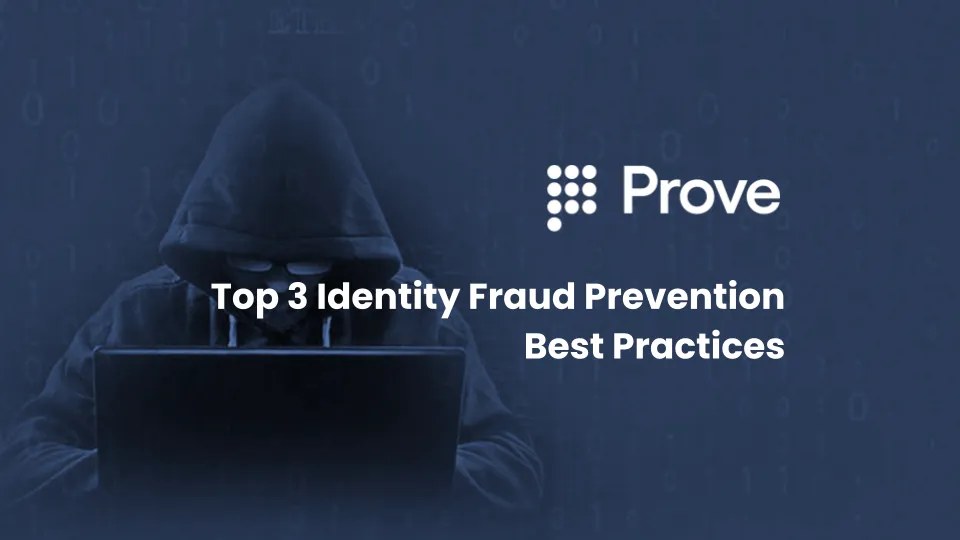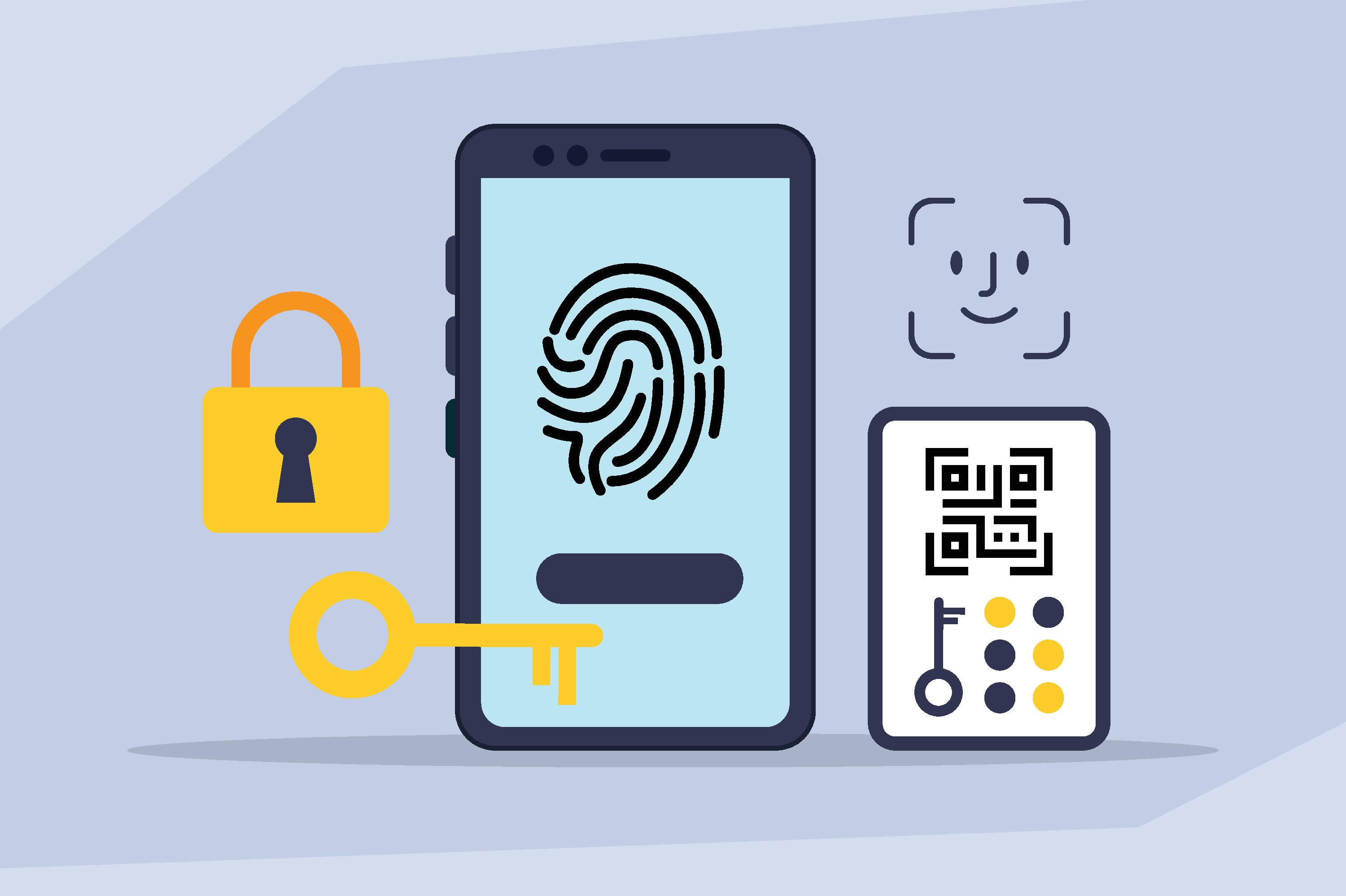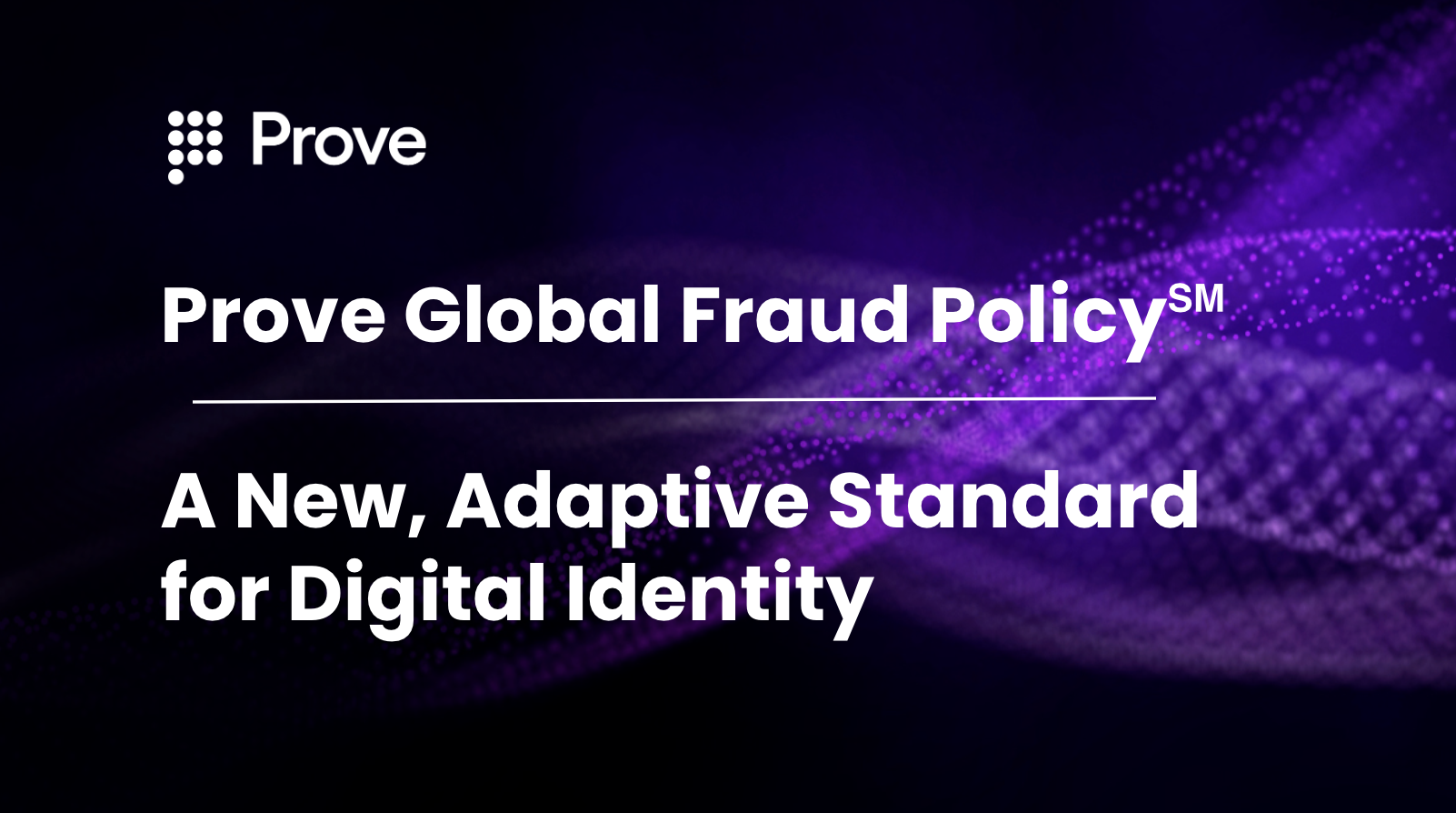Top 3 Identity Fraud Prevention Best Practices


Identity fraud is a constantly evolving threat, and organizations must develop rigorous strategies to protect themselves and their customers against the efforts of bad actors who use false, stolen, or synthetic identities to perpetrate fraud. The problem is exacerbated by the proliferation of digital channels and the increasing amount of personal data available online.
A recent episode of the Fraud Talk Podcast, hosted by the Association of Certified Fraud Examiners (ACFE), featured Mary Ann Miller, Fraud & Cybercrime Executive Advisor and VP of Client Experience at Prove. Mary Ann, a seasoned expert in the field, explored the latest trends in identity fraud, shedding light on the sophisticated tactics employed by fraudsters in today's digital landscape. She also shared valuable insights into cutting-edge strategies that organizations can implement to proactively protect themselves and their customers against these evolving threats.
The Limitations of Traditional Identity Validation
In the episode, Miller emphasized the need to move beyond traditional identity validation methods, such as relying solely on passwords or static personal information. As fraudsters become more sophisticated, these methods are increasingly vulnerable to exploitation. Instead, Miller advocates for a more holistic approach that focuses on diverse attributes and signals to confirm authenticity.
Advocating a Multi-Faceted Approach
This multi-faceted approach involves incorporating various data points, including behavioral biometrics, device fingerprinting, and contextual analysis. By analyzing a wider range of factors, organizations can create a more accurate picture of an individual's identity, making it significantly more difficult for fraudsters to impersonate legitimate users.
The Rise of Passwordless Security
Another key topic discussed in the episode was the future of passwordless security. Passwords have long been a weak link in the security chain, susceptible to breaches, phishing attacks, and human error. Passwordless authentication methods, such as biometrics and hardware tokens, offer a more secure and user-friendly alternative. As Miller explains in the podcast, there are many benefits of a passwordless approach, including:
- Enhanced Security: Eliminating passwords reduces the risk of breaches and unauthorized access.
- Improved User Experience: Passwordless methods streamline the authentication process, leading to greater user satisfaction.
- Reduced Costs: Organizations can save on password management and reset expenses.
Key Takeaways for Organizations
In the battle against identity fraud, a multi-layered approach is crucial. Miller says you shouldn’t rely solely on one method; instead, implement a combination of identity validation techniques to create a robust defense. By diversifying your cybersecurity measures, you make it significantly harder for fraudsters to penetrate your defenses.
In addition, consider embracing the future of authentication with passwordless solutions. Passwords are inherently vulnerable, and passwordless options, like biometrics or hardware tokens, offer a more secure and user-friendly experience. Finally, it's essential to stay informed about the latest trends in identity theft. The tactics used by bad actors are constantly evolving, so continuous monitoring and adaptation are key to maintaining effective protection.
The fight against identity fraud requires constant adaptation and innovation. By moving beyond traditional methods and embracing new technologies, organizations can stay ahead of the curve and protect themselves from evolving threats. The insights shared in this Fraud Talk episode provide valuable guidance for organizations looking to build a more secure future.
Listen to the full Fraud Talk episode for an in-depth discussion on identity fraud prevention.

Keep reading
 Read the article: Beyond the OTP: Why SMS-Based 2FA Is Failing and What Comes Next
Read the article: Beyond the OTP: Why SMS-Based 2FA Is Failing and What Comes NextExplore the classic conflict between security measures and user friction.
 Read the article: Anatomy of an Account Takeover Attack: Analysis and Response Plan
Read the article: Anatomy of an Account Takeover Attack: Analysis and Response PlanLearn practical strategies for handling identity verification API errors or no-match responses. Explore fallback methods and clear communication tactics to ensure a smooth, user-friendly experience.
 Read the article: Prove Global Fraud Policy℠: A New, Adaptive Standard for Digital Identity
Read the article: Prove Global Fraud Policy℠: A New, Adaptive Standard for Digital IdentityIntroducing the Global Fraud Policy (GFP), Prove’s new unified, adaptive fraud-defense engine that replaces fragmented, custom rules with a single, comprehensive policy that automatically updates as new threats emerge. This forward-looking framework helps businesses anticipate and respond to evolving threats like GenAI deepfakes, synthetic identities, and eSIM bots, protecting customers at scale.












